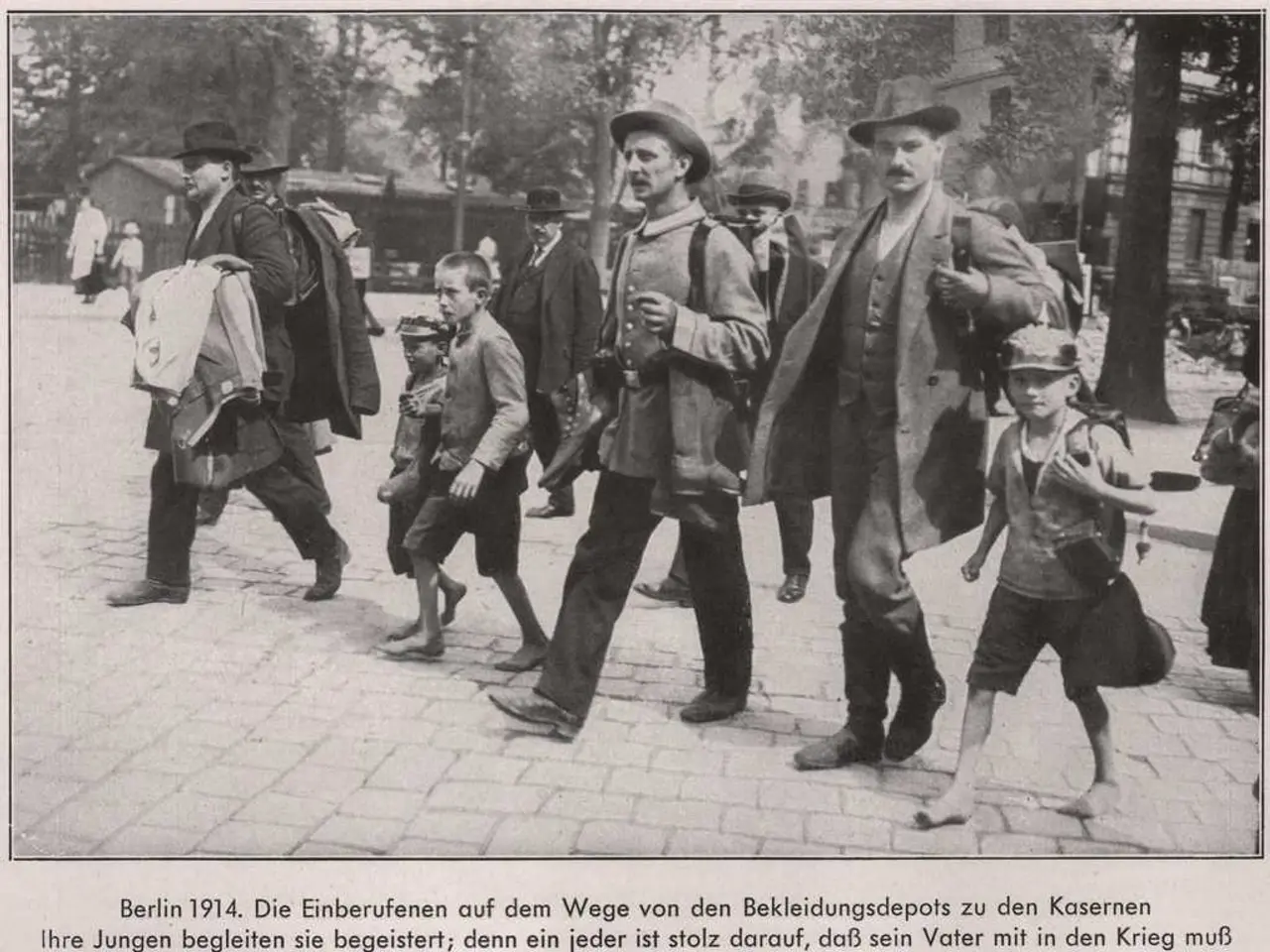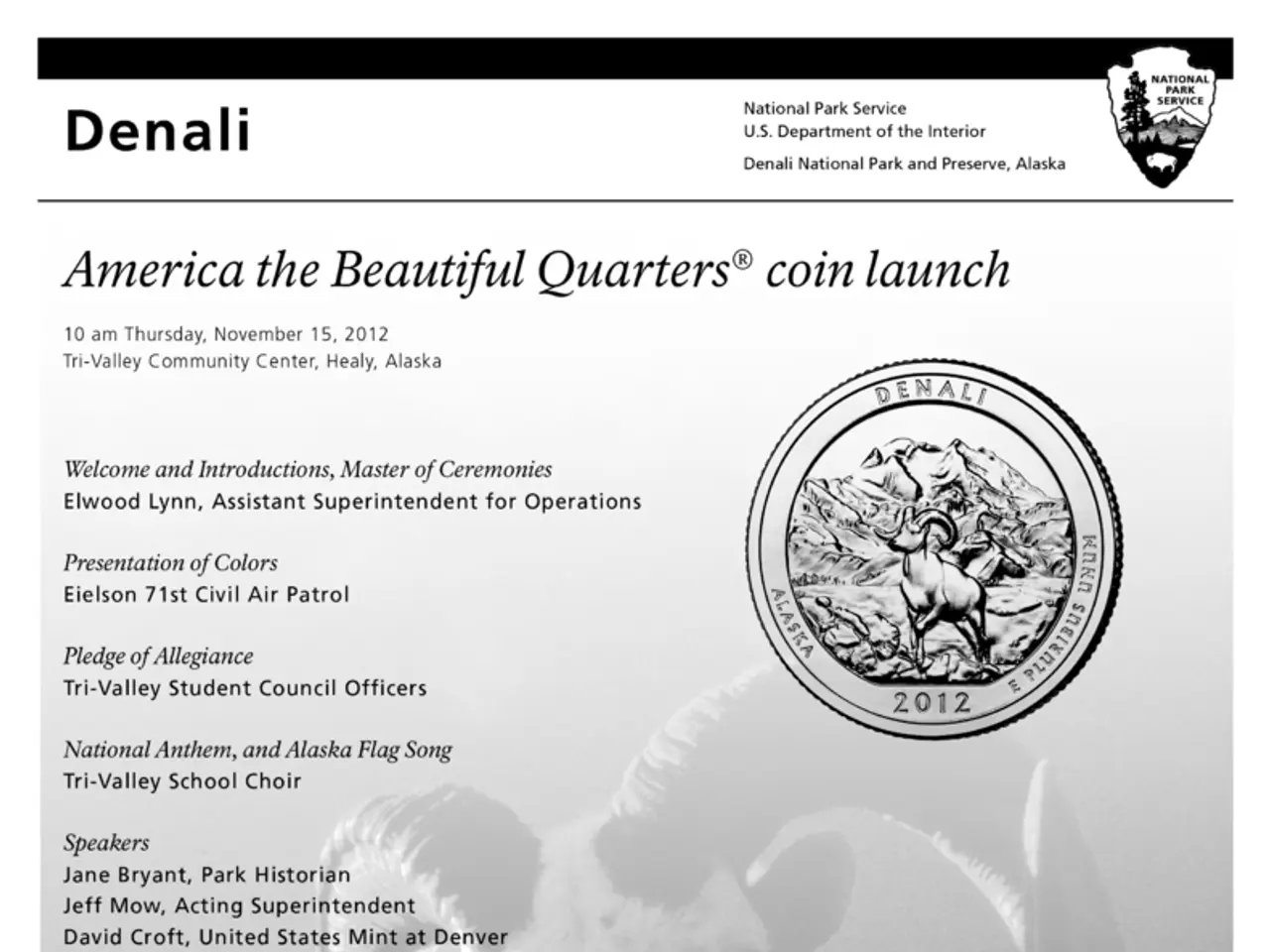Hope for Afghans Trapped: A Struggle Against Political Manipulation
"Example Set to the Absolutely Wrongside"
Stranded in Pakistan, around 2400 Afghan refugees are in limbo, as Germany, who promised resettlement through its federal program, stands idle. Initiated under the previous government, this initiative aimed to offer legal migration to those facing threat in Afghanistan. The delay has put these individuals at risk of being deported back to the Taliban's control.
Tilmann Röder, lawyer and director of NGO Just Peace, is at the forefront of legal battles attempting to secure visas for those trapped. In an interview with ntv.de, Röder sheds light on these cases, their plight, and the political motivations behind Germany's inaction.
ntv.de: Amidst a wave of lawsuits in Berlin, Afghan women and men find themselves stranded in Pakistan. What are these lawsuits about?
TR: The lawsuit aims to obtain visas for people who deserve asylum but are blocked from leaving. They have completed the federal resettlement program steps, and we believe German courts will respect the government's promises to resettle these individuals. We emphasize this first plaintiff’s case, a scientist and writer from Afghanistan, who is a political activist for democracy. Given her status, the Taliban pose a significant threat to her life. We push for immediate action, as her case clarifies the urgent need for humanitarian protection.
Migration Politics: A Response to the Taliban's Takeover
As the federal government suspended all resettlement programs, these Afghan refugees now face imminent deportation. Röder was instrumental in the federal resettlement program, acting as the head of case management. This project involved organizations, institutions with ties to Afghanistan, who could propose and review potential candidates. After initial selection at Röder's office, the German authorities conducted further assessment.
Germany's Select Group: Who's at Risk?
The federal resettlement program aimed to help those from civil society who have contributed to Afghanistan's democracy, rule of law, freedom rights, and human rights, plus especially vulnerable groups, including women and LGBTQIA individuals. Of the approximately 2400 Afghans stuck in Pakistan, around half originated from this program, while the remaining refugees come from local forces procedures, the human rights list, or the bridging program. People in the federal resettlement program enjoy better legal protection against residency reassignment revocation compared to others.
Political Manipulation: A Question of Solidarity and Morality
The government's desire to reevaluate each case suggests reluctance, creating doubts about ulterior motives. Röder argues, "Making this reversal would be highly problematic ... Especially since these people have left Afghanistan and spent a lot of money to do so. Some have sold their homes. If the federal government betrays this group, it also endangers our international reputation." By reneging on these commitments, the German government would jeopardize not only the safety of these refugees but also their international standing.
Interview by Tilmann Röder, Marc Dimpfel
Source: ntv.de
- Afghanistan
- Migration
- Pakistan
- Federal Government
- Taliban
Germany's decision to halt resettlement programs and reevaluate applicants' individual cases poses uncertainty for thousands of Afghan refugees seeking refuge in Germany. The resettlement pathway remains tenuous, with ongoing legal challenges failing to break the deadlock. Proponents urge the German government to reconsider the fate of these trapped refugees, emphasizing the severe consequences of further inaction.
Connected Features
As German authorities review cases for security reasons, questions about the legitimacy of the process have arisen. Controversial interviews, security measures, and increased legal hurdles for Afghan refugees raise concerns about political maneuvering aimed at limiting resettlement rates[1]. The uncertain circumstances and dwindling pathways for Afghan refugees in Pakistan are a source of concern, especially in light of the potential dangers they would face if forced to return to Afghanistan[2].
- Amidst the uncertainty surrounding Germany's resettlement policies, questions about political maneuvering aimed at limiting resettlement rates have arisen, particularly in regard to the legal challenges and security measures imposed on Afghan refugees.
- The ongoing controversy surrounding the resettlement process, with increased legal hurdles and security measures, raises concerns about the legitimacy of Germany's community and employment policies, particularly for Afghans driven out of their homeland due to threats from the Taliban, and now trapped in Pakistan with uncertain futures.






